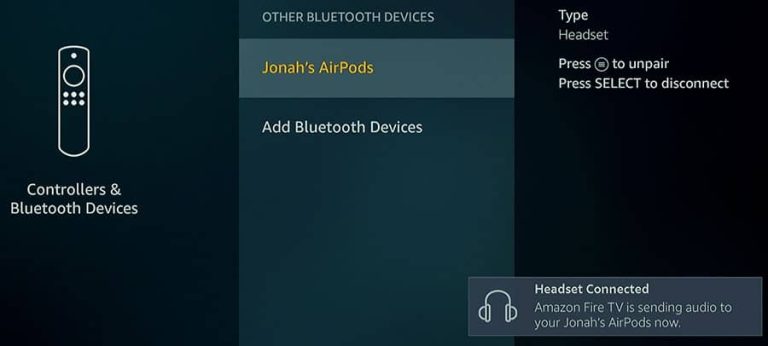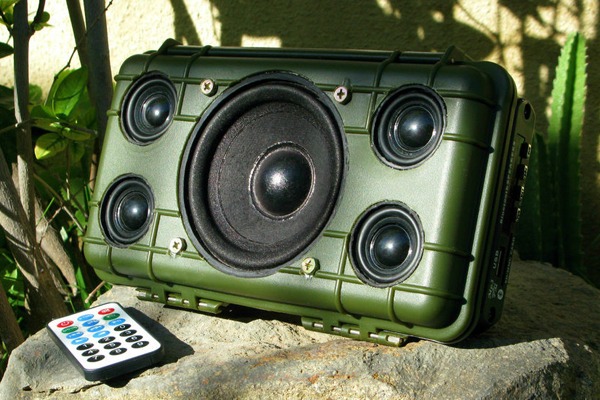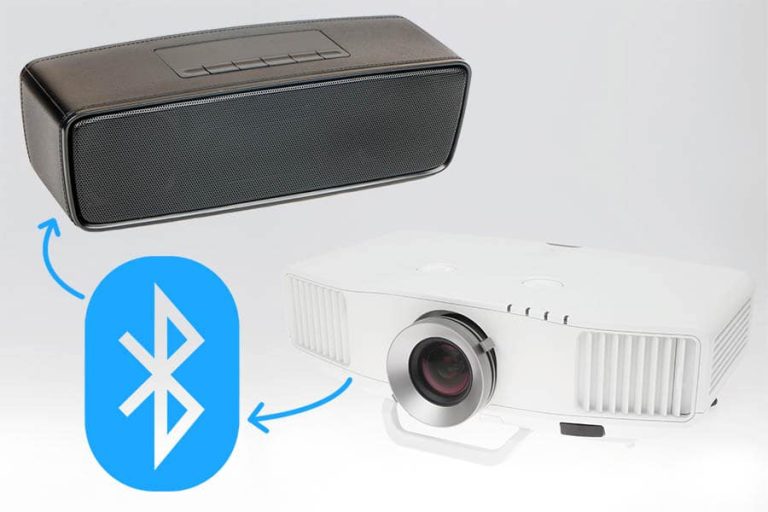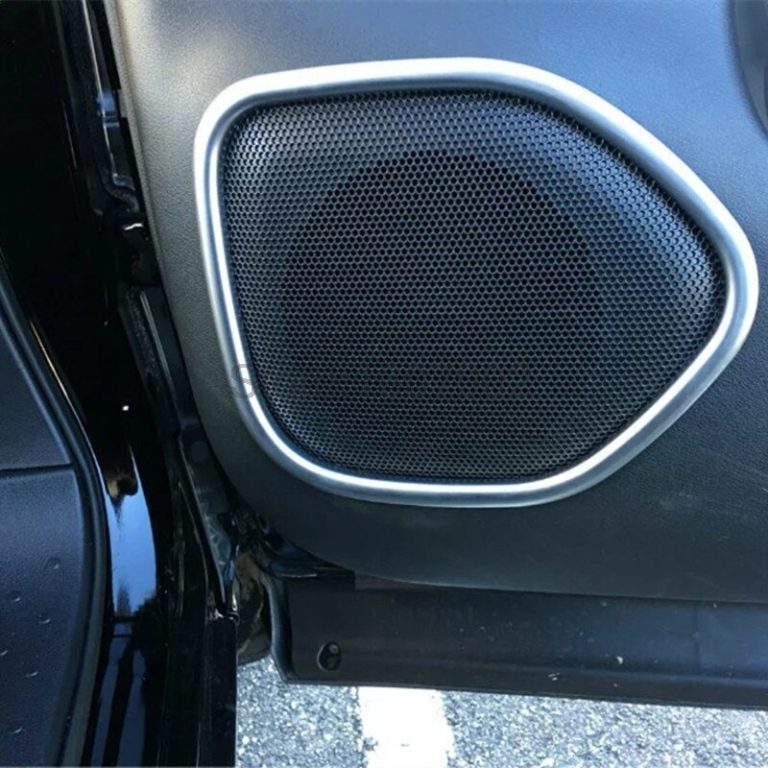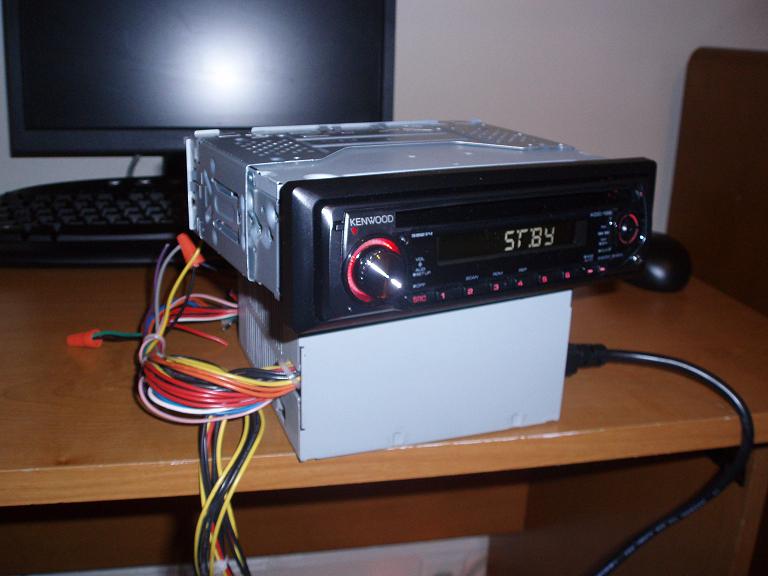How to Silence Static Noise in Car Speakers: Ultimate Guide.
Eliminate static noise in car speakers by checking for loose connections or damaged wiring. Then, ground your setup correctly.
Do you hear static noise from your car speakers, even when the volume is low or turned off? Nothing can be more annoying than hearing a constant hiss, crackle, or pop while you play your favorite tunes on a long road trip.
These unwanted noises could be the result of various reasons such as loose connections, damaged wiring or poor grounding. Static interference often occurs when the path of the audio signal gets disrupted or obstructed, and the speaker signals end up picking up unwanted electrical signals. Although these technical difficulties may seem daunting to fix, some simple troubleshooting steps can help eliminate static noise and improve your music listening experience.
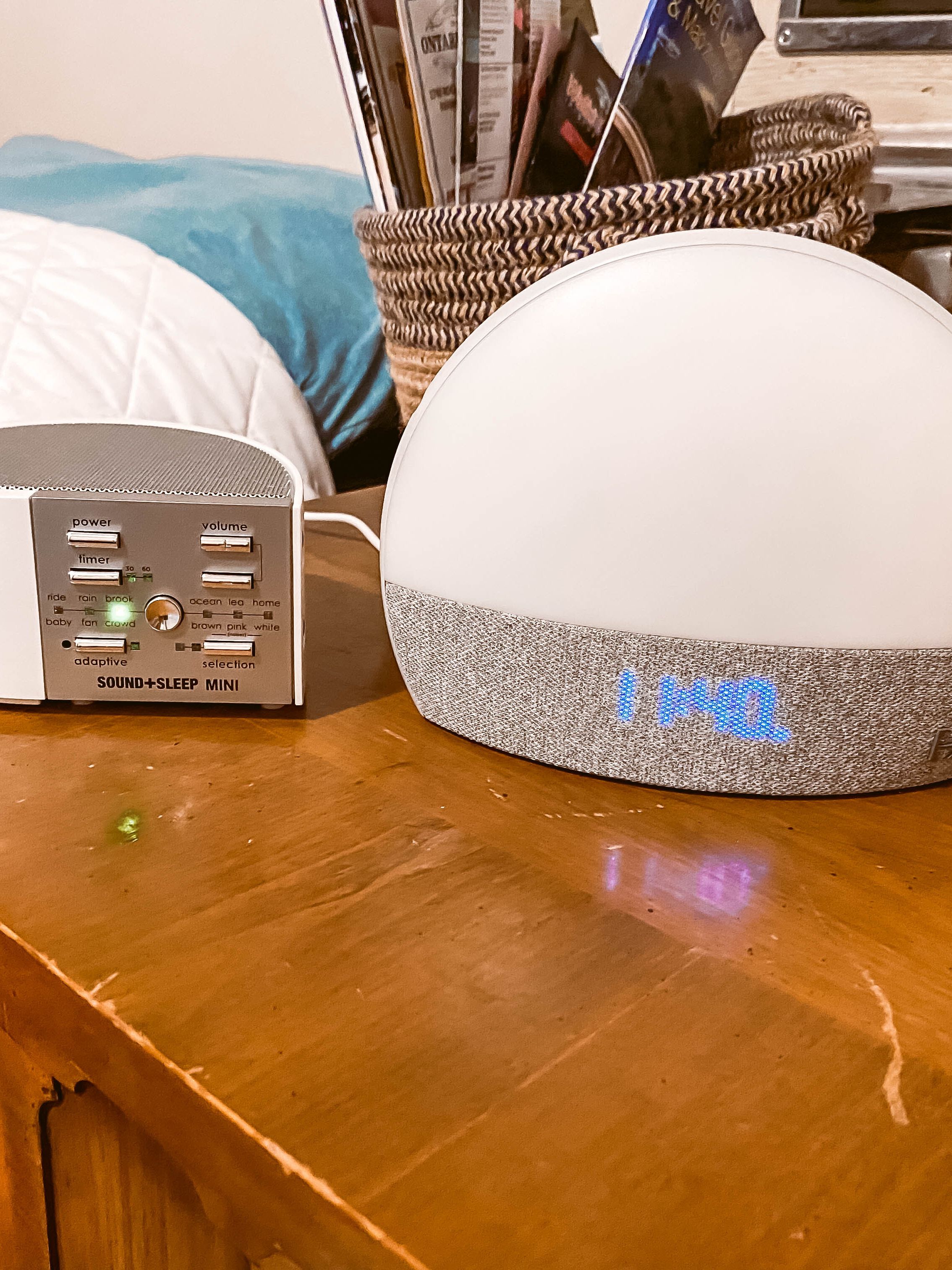
Credit: www.cnn.com
Understanding The Problem: Identifying The Possible Causes Of Static Noise In Car Speakers
If you are experiencing static noise in your car speakers, it can ruin the joy of driving and listening to your music on the go. It’s a frustrating experience, and the problem could be caused by various reasons. However, identifying these causes plays a crucial role in solving this static noise issue.
In this section, we will address the possible causes of static noise in car speakers.
Loose Connections And Wiring
Often, loose wiring can be the primary reason for static noise in your car speakers. If wires are not properly connected, it can cause noise interference. Loose connections or wiring can happen due to wear and tear in old cars, and it can also occur in new cars.
Here are some signs of loose connections in your car:
- Buzzing sound in the car speakers.
- Inconsistent sound quality from the speakers.
- Poor or no sound from the speakers.
To solve this, check all the wires and connections behind the head unit, amplifiers, and speakers. Ensure that all the wires are tightly connected and secure, and there are no exposed wires.
Radio Frequency Interference
Radio frequency interference can also be a cause of static noise in car speakers. When your car’s electronic components interfere with your radio’s signals, it can produce a static noise in your car’s audio system. Here are some signs of radio frequency interference:
- Crackling, popping, or static noise coming from the speakers
- Whirring, buzzing, or hissing sound
To fix this, you can install a noise filter that helps eliminate static noise. You can also try moving your radio or electronic component to a different location to reduce interference.
Outdated Equipment
Using outdated equipment is another cause of static noise in car speakers. Old speakers, amplifiers, stereos, and wiring can produce static noise. Generally, components that are over five years old can start to wear down and produce static noise. Here are some signs of outdated equipment:
- Poor audio sound quality
- Unusual noises or buzzing sound coming from the audio system
To solve this, consider upgrading your speakers, amplifiers, and wiring to the latest technology. Installing new equipment can eliminate static noise, improve sound quality, and enhance your overall listening experience.
Speaker Or Amp Malfunction
If none of the above reasons are causing the problem, your speakers or amplifier could be malfunctioning. Many things can lead to speaker or amp malfunctioning, such as component damage, wiring damage, or overheating. Here are some signs of speaker or amp malfunction:
- Distorted audio sound
- No audio sound
- Cracking sound
To fix this, conduct a visual inspection of your speakers and amplifiers. Check to see if there is any damage to the wiring and components. If you cannot identify the problem, it’s best to bring your vehicle to a professional mechanic or audio specialist.
Identifying the causes of static noise in car speakers is key to solving the problem. Loose connections, rf interference, outdated equipment, and malfunctioning components are the primary reasons for static interference. By following these tips, you can ensure that your car’s audio system is producing crystal clear sound without any unnecessary static noise.
Diy Solutions: How To Silence Static Noise In Car Speakers
Checking And Tightening Connections And Wiring
One of the most common reasons for static noise in car speakers is loose or faulty connections and wiring. These diy solutions can help:
- Check connections: Inspect the connections to ensure they are tight, secure, and free of rust or corrosion.
- Reconnect: If you find any loose connections, reconnect or tightened the wires and try playing music again to see if the static noise has gone.
- Replace wiring: If you find any faulty wire, replace it. This is an easy fix and will reduce any future interference.
Shielding Cables And Wires To Reduce Interference
Another way to reduce static noise in your car speakers is by shielding the cables and wires that transmit audio signals. Follow these steps:
- Wrap the cable: Take each of the wires carrying the audio signal from the stereo or amplifier and wrap them in a conductive material or copper tape.
- Use a metal braid: Use a metal braid or copper wire mesh to provide additional shielding from any external radio waves that could interfere.
- Grounding: Lastly, connect this shield with the ground wire of your car’s electrical system. Do this by either soldering or attaching with metal clamps.
Upgrading Equipment, Such As Head Units And Amplifiers
If the above solutions do not solve the static noise issue, you may need to upgrade some of your equipment such as the head unit or amplifier.
- Upgrade head unit: Consider purchasing a new head unit that has better shielding against electronic interference as it plays a vital role in transmitting music from your devices to your car speakers.
- Upgrade amp: If you have an amplifier responsible for powering your speakers, consider upgrading to one with better sound quality and shielding capabilities.
Replacing Speakers Or Amplifiers That Are Malfunctioning Or Outdated
If your car speakers or amplifier have reached the end of their lifespan, they may need to be replaced. Here are some tips to ensure you get the perfect replacement:
- Choose compatible equipment: Make sure you choose speakers or any other equipment that matches the size and type compatible with your car model.
- Use high-quality materials: When replacing the speakers or any other equipment, choose high-quality materials to ensure that you get crystal-clear sound quality without any static interference.
- Professional advice: Always get professional advice if you find selecting replacements equipment too confusing or don’t want to risk installing it yourself.
By following these diy solutions, you can silence static noise in your car speakers without having to spend a fortune. Remember to always properly ground your car’s electronics, and follow all manufacturer instructions when upgrading or replacing the car’s audio equipment to ensure long-lasting results.
Professional Solutions: Professional Techniques For Keeping Car Speaker Static Noise Silent
Are you tired of listening to static noise in your car while driving? If you want to resolve the problem of static noise in your car’s speakers, then you have come to the right place! In this section, we will discuss some professional solutions to ensure this annoying problem disappears for good.
Sound Deadening Materials And Installation
One of the easiest ways to eliminate static noise in your car’s speakers is by installing sound deadening materials. These materials help reduce the amount of external noise and vibrations that enter your vehicle, significantly improving sound quality. Some of the best sound deadening materials include mass loaded vinyl, foam insulation, and sound barrier mats.
Below are some key points about sound deadening materials and installations:
- Mass loaded vinyl is a dense, rubber-like material that can effectively block sound and vibrations.
- Foam insulation works great as an absorbent material and can eliminate echoing and bouncing of sound waves.
- Sound barrier mats are an excellent choice for reducing low-frequency noise from the road.
When installing sound deadening materials, ensure you follow the manufacturer’s instructions precisely as poorly installed materials may cause more harm than good.
Signal Filters And Suppressors
Another effective technique for eliminating static noise in car speakers is installing signal filters and suppressers. These devices filter out unwanted static noise and other electromagnetic interferences that find their way into your car’s sound system.
Here are some key points about signal filters and suppressors:
- Signal filters remove unwanted high-frequency noise from the incoming signal, which can result in reduced static and improved audio quality.
- Suppressors are designed to eliminate interference caused by the car’s electrical system, like alternators and spark plugs.
When installing signal filters and suppressors, quality is paramount, so ensure that you purchase high-quality devices from reputable manufacturers.
Electrical Grounding
Grounding issues are often responsible for the majority of static noise in car speakers, making electrical grounding a go-to solution. When an electrical grounding issue exists, it causes unwanted noise in the power supply that travels to your car’s audio system.
Below are some key points about electrical grounding:
- Improper grounding creates a ground loop that significantly increases the noise generated by the vehicle’s electrical systems.
- Grounding the audio system directly to the car’s chassis improves sound quality by reducing noise.
A certified mechanic will accurately assess and fix grounding problems to ensure your vehicle remains safe and operational.
Emf Interference Blockers
Electromagnetic fields (emf) can disrupt your car’s audio signals resulting in static noise. Installing emf interference blockers can help eliminate or reduce the impact of these electromagnetic interferences.
Here are some key points about emf interference blockers:
- Emf interference blockers limit the noise caused by electromagnetic fields, reducing the static in your car’s speakers.
- These devices detect and limit the electromagnetic signals generated by the car’s electrical systems.
When purchasing emf interference blockers, consult with a professional to ensure that you choose the correct device that meets your emf interference needs.
Implementing these professional techniques can help eliminate static noise in your car’s speakers, allowing you to enjoy your music and audio without annoying interruptions.
Maintenance Tips: How To Prevent Car Speaker Static Noise From Returning
Regular maintenance and cleaning of connections and wiring:
Cleaning and regular maintenance of your car’s audio system is essential if you want to prevent static noise from returning. Here are a few simple steps you can take:
- Turn off your car engine before starting any maintenance on your car’s audio system.
- Disconnect the audio system and remove the speakers from their housings.
- Clean the speakers, paying close attention to the woofer surround area and tweeter dome.
- Clean all electrical connections and wires using an electrical contact cleaner and a brush.
- Check if any parts need replacement or repair before reinstalling the audio system.
Avoiding overloading your car’s electrical system:
Overloading your car’s electrical system can cause static noise in your car speakers. Follow these tips to prevent overloading:
- Be careful when adding extra devices like amplifiers, woofers or crossovers to the system as they can cause your electrical system to fail.
- Choose devices that are compatible with your car’s voltage and watts limit to avoid overloading.
- Instead of using multiple lighter socket adapters, use a hub to connect all your devices in one place and avoid overloading the electrical system.
Properly storing and handling audio equipment:
Proper storage and handling of your audio equipment can prevent damage and reduce static noise. Here are some things to keep in mind:
- Store your audio equipment in a cool and dry place to avoid moisture and humidity.
- Keep your equipment away from extreme temperatures, direct sunlight, and dust to avoid damage.
- Always handle your audio equipment with care and avoid dropping, hitting or shaking it.
Regularly upgrading outdated equipment and technology:
Outdated car audio equipment and technology can cause unwanted static noise. Here’s what you need to do:
- Check your owner’s manual or consult with an audio expert and upgrade to the latest audio technology.
- Replace speakers that have been subjected to significant wear and tear or are outdated.
- Avoid using old cables and connectors, and always use high-quality audio cables for better sound transmission.
By following these maintenance tips, you can prevent static noise from returning and improve your car’s audio system’s overall sound quality.
Why Is There Static Noise In Car Speakers?
The static noise in car speakers is usually caused by poor grounding or a faulty audio cable.
How Can I Prevent Static Noise In Car Speakers?
To prevent static noise in car speakers, ensure proper grounding, use a noise suppressor, and check your audio cables.
Can Static Noise Harm My Car Speakers?
Static noise may not directly harm the car speakers, but it can cause audio distortion and reduce sound quality.
How Can I Fix Static Noise In Car Speakers?
To fix static noise in car speakers, check grounding, replace audio cables, and use a noise suppressor or filter.
Conclusion
Eliminating static noise in your car speakers is an important step towards improving your audio experience during drives. The causes of static noise can range from minor issues like dirty connections to major problems like damaged wires. With the tips we have shared in this post, you should be able to identify the cause of static noise in your car speakers and take the necessary steps to fix them.
Remember to always start with the basics like checking the connections before moving to more complex solutions like replacing damaged components. Regular maintenance can go a long way in preventing static noise, so take good care of your car’s audio system.
Now that you know how to get rid of static noise in car speakers, you can enjoy clear, uninterrupted audio whenever you hit the road.

